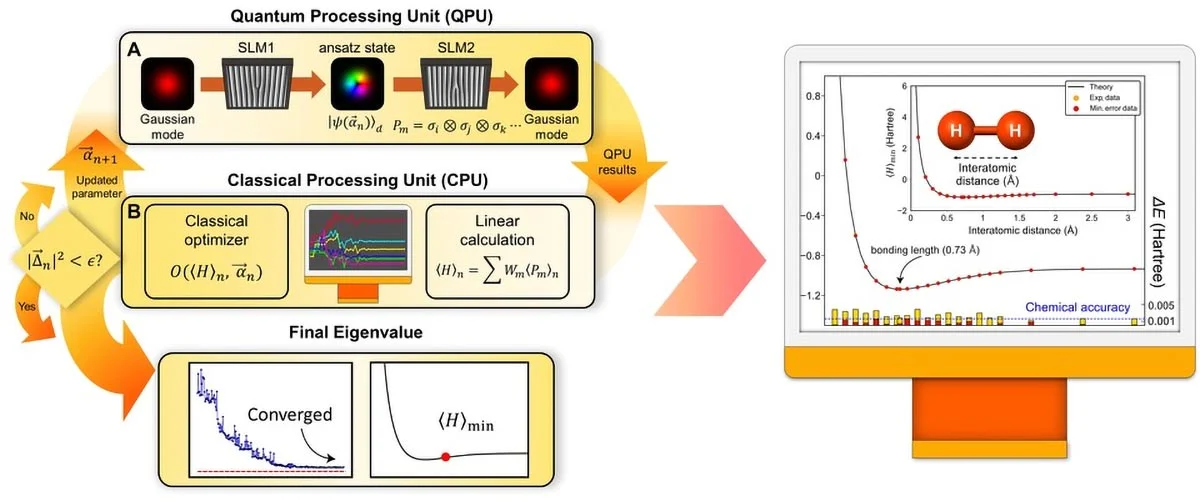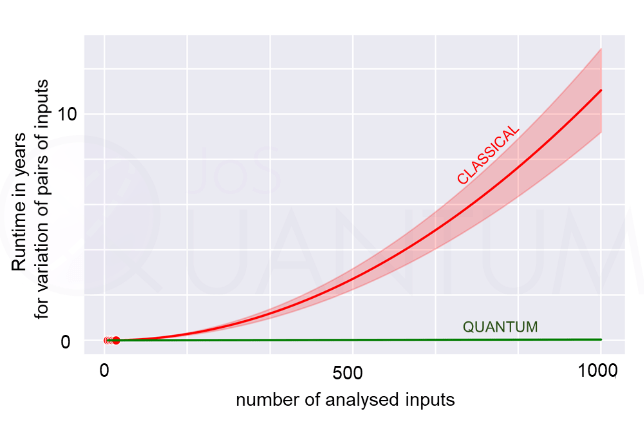Intel has just introduced the latest release of the Intel Quantum Simulator (IQS), formerly known as qHiPSTER.
Classical simulation of quantum computers will continue to play an essential role in the progress of quantum information science, both for numerical studies of quantum algorithms and for modelings noise and errors.
The high-performance computing (HPC) capability of the software allows users to leverage the available hardware resources provided by supercomputers, as well as available public cloud computing infrastructure.
To take advantage of the latter platform, together with the distributed simulation of each separate quantum state, IQS offers the possibility of simulating a pool of related circuits in parallel.
The paper has been published and can be accessed there.
The study also includes some basic benchmarks (up to 42 qubits) and performance results obtained using HPC infrastructure. The team has used IQS to emulate a scenario in which many quantum devices are running in parallel to implement the quantum approximate optimization algorithm, using particle swarm optimization as the classical subroutine. The results have demonstrated that the hyper-parameters of this classical optimization algorithm depend on the total number of quantum circuit simulations one has the bandwidth to perform.
The Intel Quantum Simulator has been released open-source on Github with permissive licensing and is designed to simulate a large number of qubits, to emulate multiple quantum devices running in parallel, and/or to study the effects of decoherence and other hardware errors on calculation results.


